macOS 26 Rumored to Drop Support for These Five Macs
The next major version of macOS, now dubbed "macOS 26," is rumored to drop support for several older Intel-based Mac models currently compatible with macOS Sequoia. According to individuals familiar with the matter cited by AppleInsider, the following Macs will not be supported by the next version of macOS: MacBook Pro (2018) iMac (2019) iMac Pro (2017) Mac mini (2018) MacBook Air (2020, Intel-based) These Macs were the oldest supported by macOS Sequoia, and their omission in development builds suggests they are likely to be excluded from macOS 26's official compatibility list. This would mark the second consecutive year that Apple has narrowed support for Intel-based Macs, while continuing to deliver the full feature set primarily to Apple Silicon devices. macOS 26's compatibility list is expected to be as follows: MacBook Pro (2019 and later) iMac (2020 and later) Mac Pro (2019 and later) Mac mini (M1 and later) Mac Studio (all models) MacBook Air (M1 and later) macOS 26's first developer beta is expected to exceed 17GB in size—approximately 2GB larger than the initial beta of macOS Sequoia. The update is expected to borrow heavily from the design language of visionOS with 3D translucent materials and rounded window elements. The design changes are said to be among the most significant visual updates to macOS in years. Apple is rumored to be shifting the naming system used by its software platforms toward consistent year-adjacent numerical titles. As a result, we are expecting the next major version of macOS to be "macOS 26" rather than "macOS 16." macOS 26 will be officially introduced at Apple's Worldwide Developers Conference (WWDC), which starts on June 9, with the first developer beta expected to be released immediately following the keynote address. Public beta testing typically follows in July, with a full public release in the fall. This article, "macOS 26 Rumored to Drop Support for These Five Macs" first appeared on MacRumors.comDiscuss this article in our forums
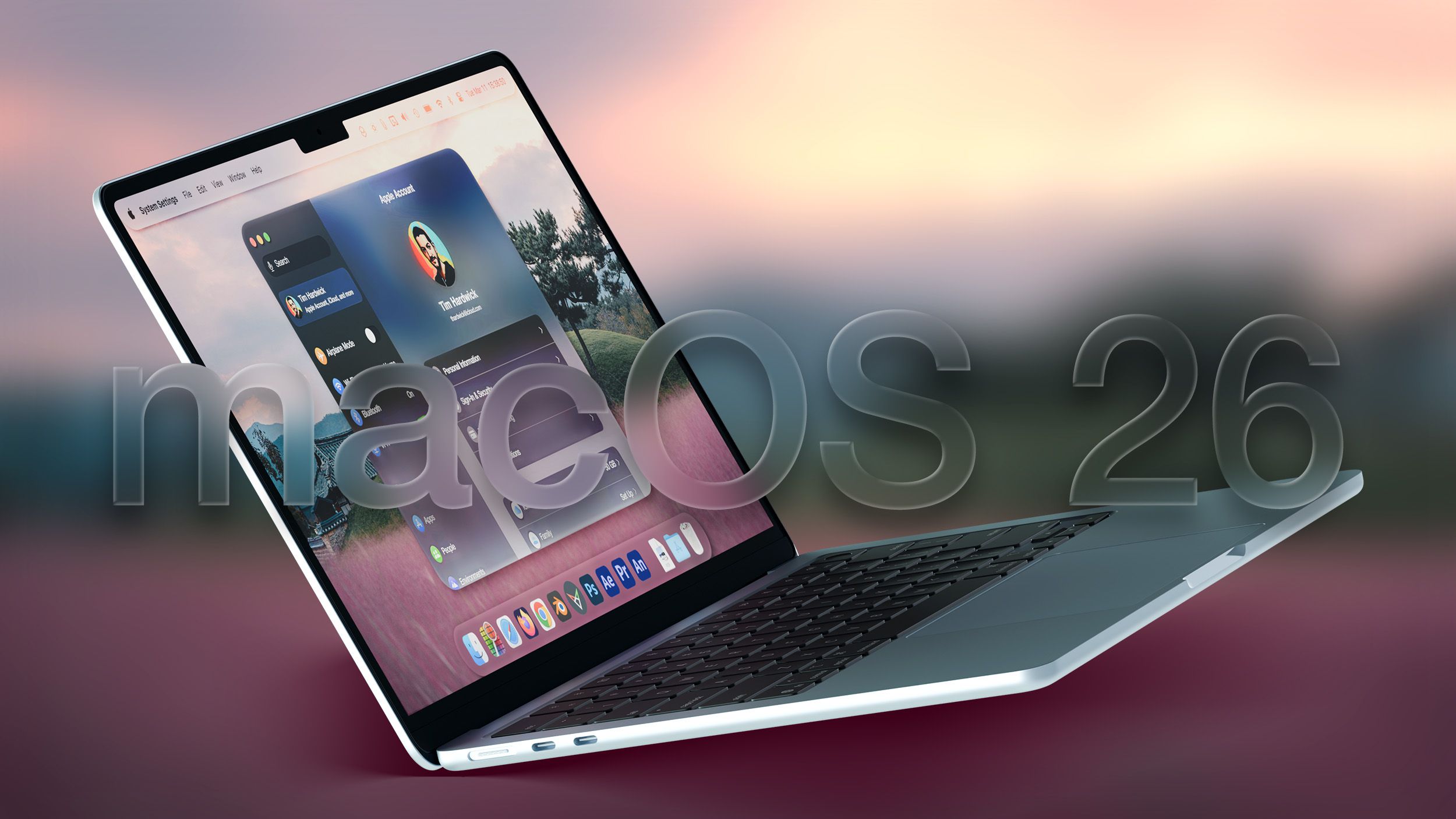

According to individuals familiar with the matter cited by AppleInsider, the following Macs will not be supported by the next version of macOS:
- MacBook Pro (2018)
- iMac (2019)
- iMac Pro (2017)
- Mac mini (2018)
- MacBook Air (2020, Intel-based)
These Macs were the oldest supported by macOS Sequoia, and their omission in development builds suggests they are likely to be excluded from macOS 26's official compatibility list.
This would mark the second consecutive year that Apple has narrowed support for Intel-based Macs, while continuing to deliver the full feature set primarily to Apple Silicon devices. macOS 26's compatibility list is expected to be as follows:
- MacBook Pro (2019 and later)
- iMac (2020 and later)
- Mac Pro (2019 and later)
- Mac mini (M1 and later)
- Mac Studio (all models)
- MacBook Air (M1 and later)
macOS 26's first developer beta is expected to exceed 17GB in size—approximately 2GB larger than the initial beta of macOS Sequoia. The update is expected to borrow heavily from the design language of visionOS with 3D translucent materials and rounded window elements. The design changes are said to be among the most significant visual updates to macOS in years.
Apple is rumored to be shifting the naming system used by its software platforms toward consistent year-adjacent numerical titles. As a result, we are expecting the next major version of macOS to be "macOS 26" rather than "macOS 16."
macOS 26 will be officially introduced at Apple's Worldwide Developers Conference (WWDC), which starts on June 9, with the first developer beta expected to be released immediately following the keynote address. Public beta testing typically follows in July, with a full public release in the fall.
This article, "macOS 26 Rumored to Drop Support for These Five Macs" first appeared on MacRumors.com
Discuss this article in our forums






























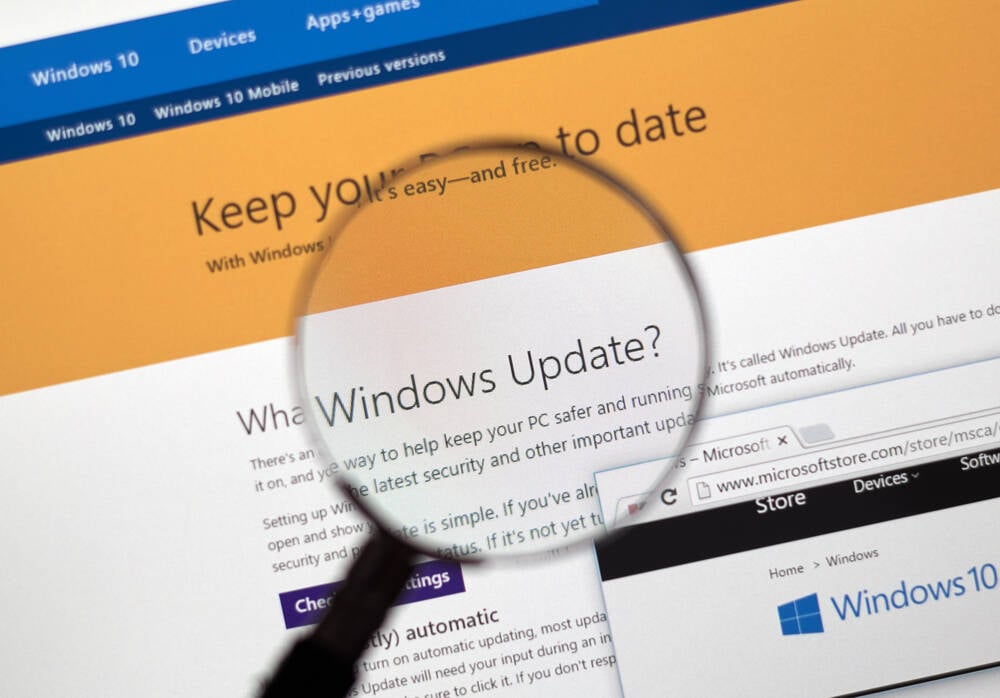






































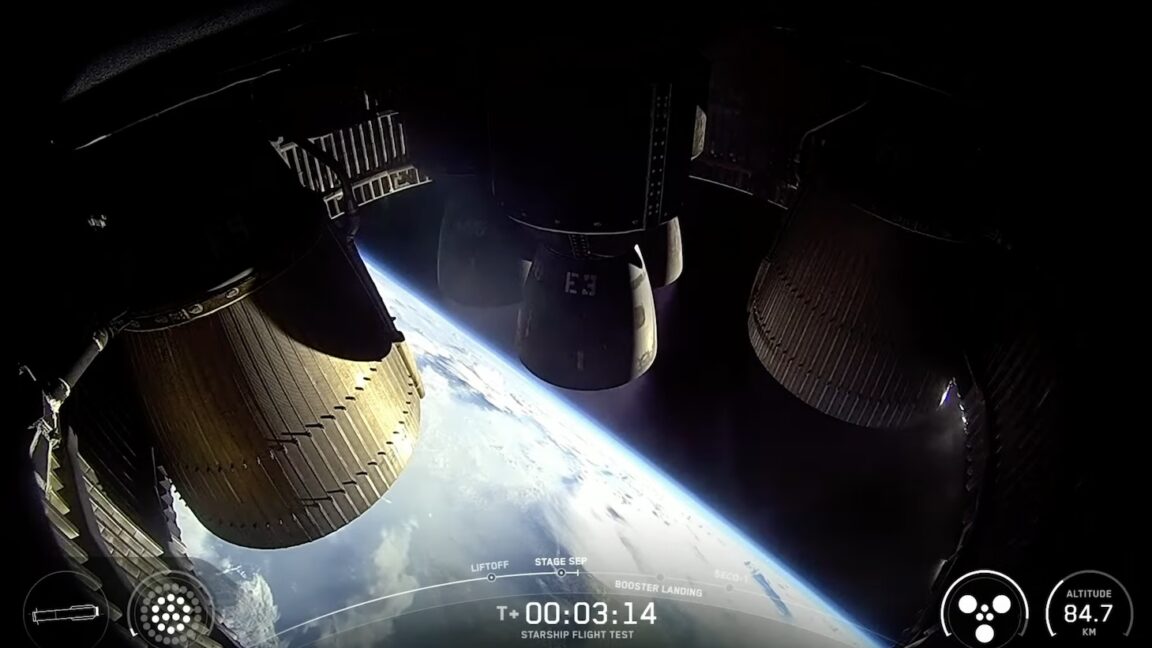
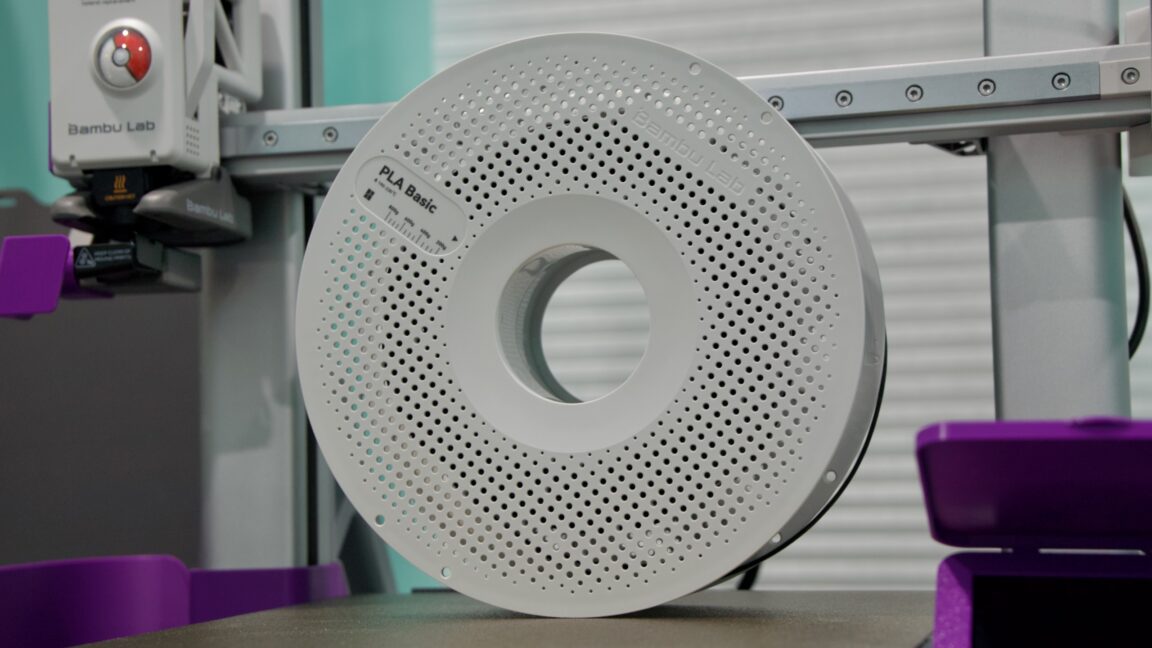








































































































![[The AI Show Episode 150]: AI Answers: AI Roadmaps, Which Tools to Use, Making the Case for AI, Training, and Building GPTs](https://www.marketingaiinstitute.com/hubfs/ep%20150%20cover.png)
![[The AI Show Episode 149]: Google I/O, Claude 4, White Collar Jobs Automated in 5 Years, Jony Ive Joins OpenAI, and AI’s Impact on the Environment](https://www.marketingaiinstitute.com/hubfs/ep%20149%20cover.png)































































































































![[PHP] Upgrading from PHP 7.4 to 8.1](https://media2.dev.to/dynamic/image/width%3D1000,height%3D500,fit%3Dcover,gravity%3Dauto,format%3Dauto/https:%2F%2Fdev-to-uploads.s3.amazonaws.com%2Fuploads%2Farticles%2Fqmaaabplfbcjejg2rr5n.png)










































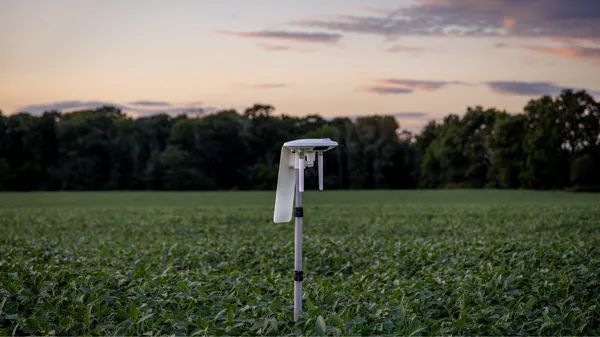



















































































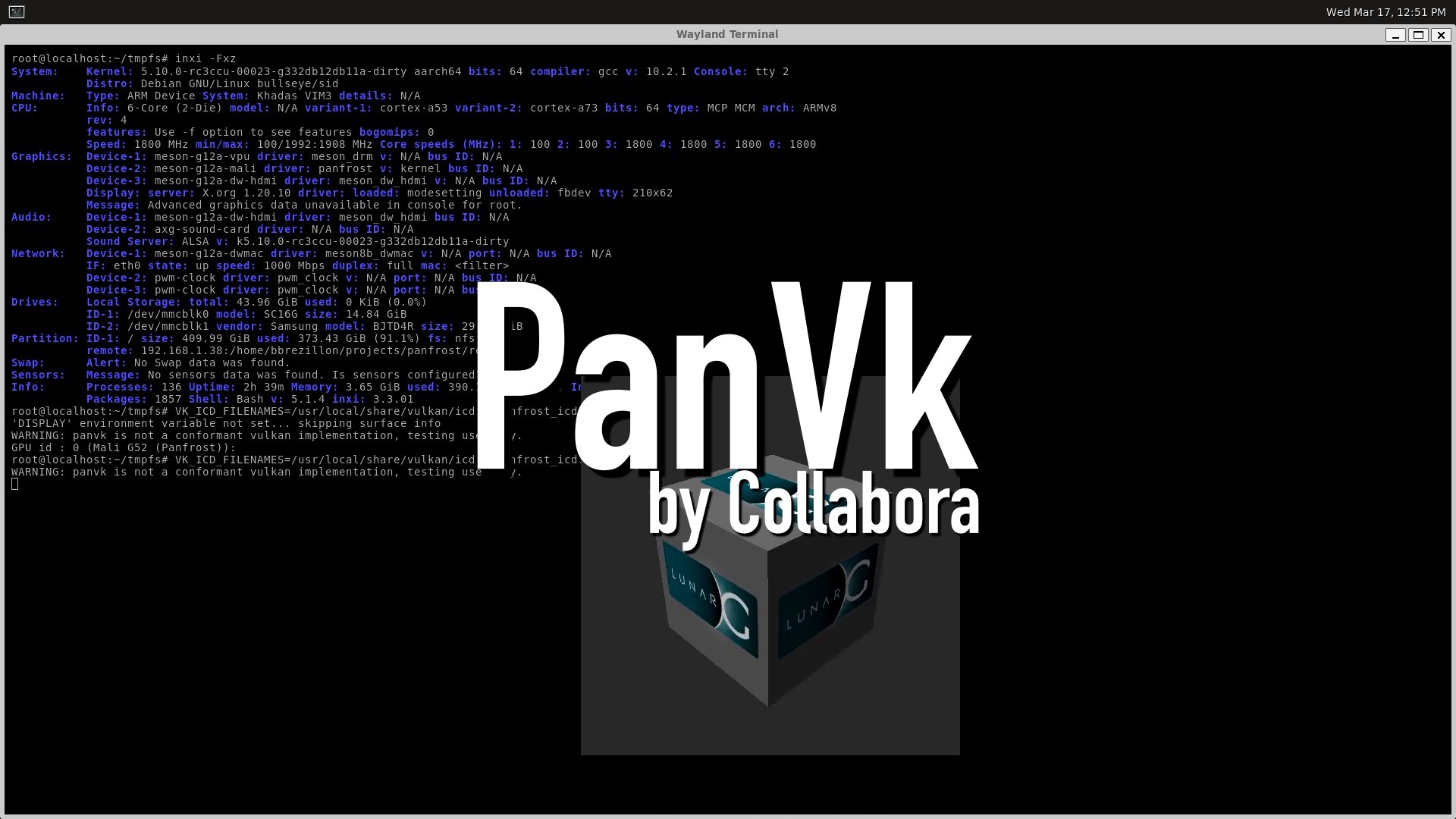







_ArtemisDiana_Alamy.jpg?width=1280&auto=webp&quality=80&disable=upscale#)




















































































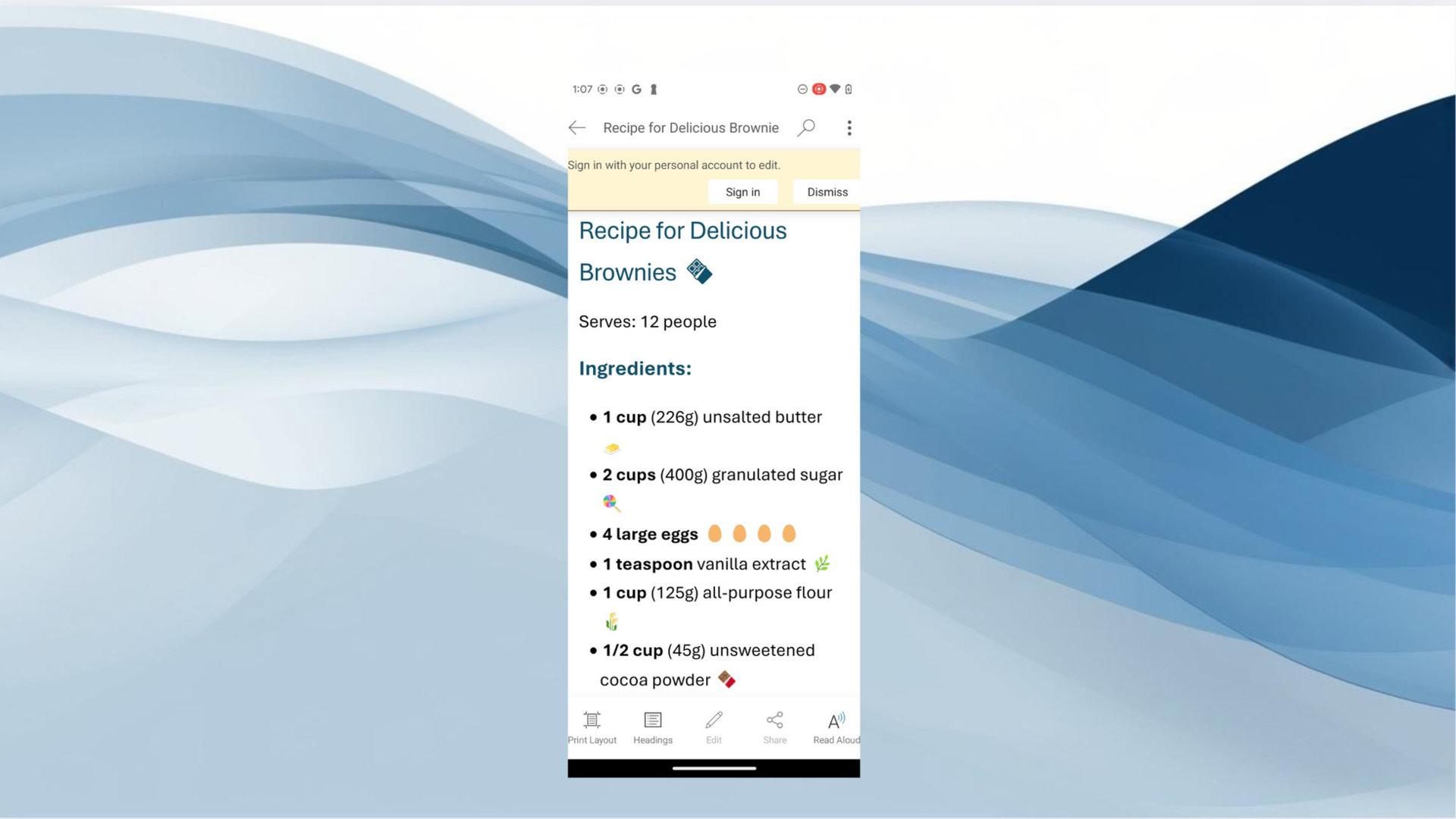
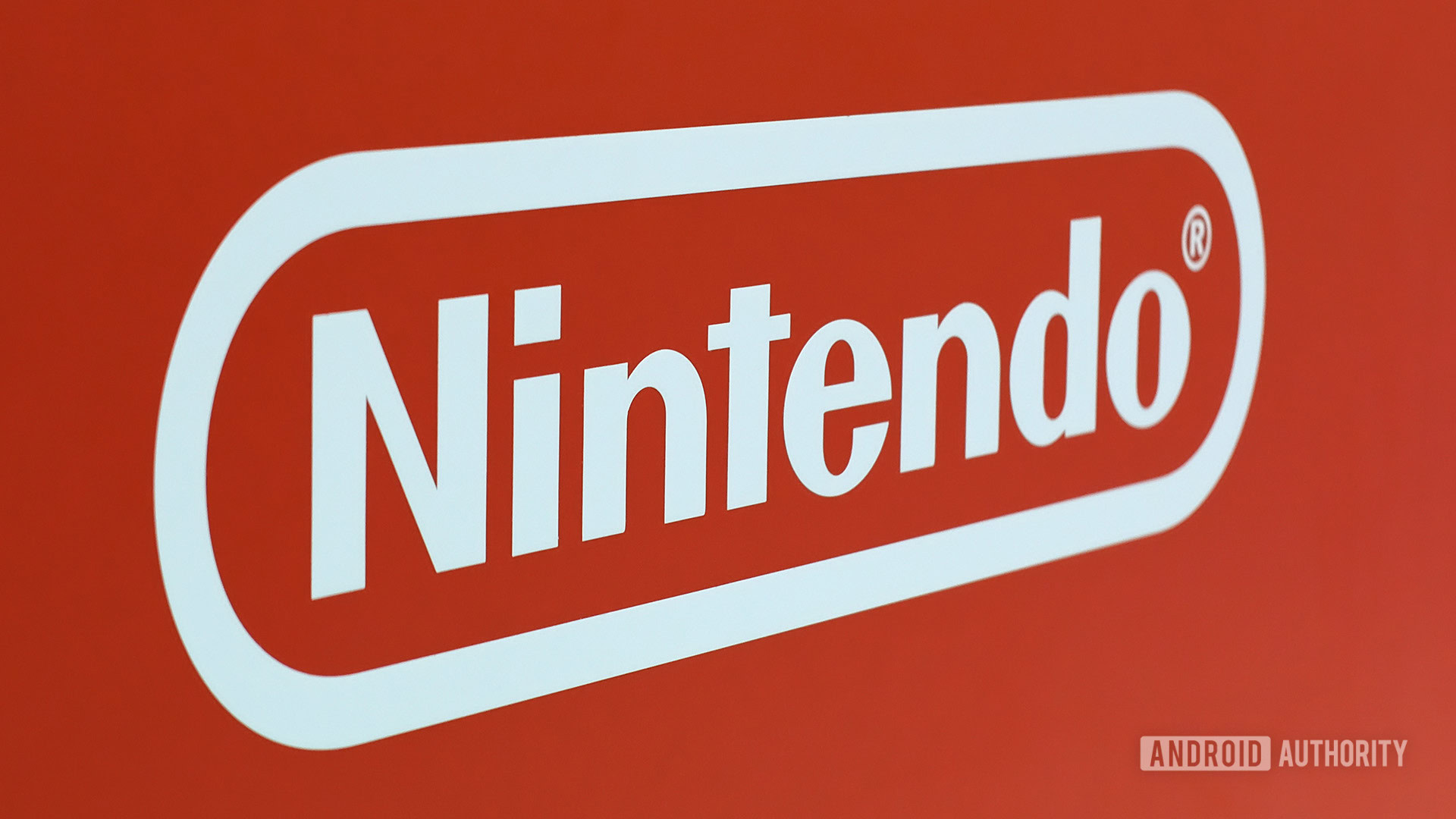






![Google TV is finally preparing sleep timer support as app readies Material 3 Expressive [Gallery]](https://i0.wp.com/9to5google.com/wp-content/uploads/sites/4/2024/01/google-tv-logo.jpg?resize=1200%2C628&quality=82&strip=all&ssl=1)










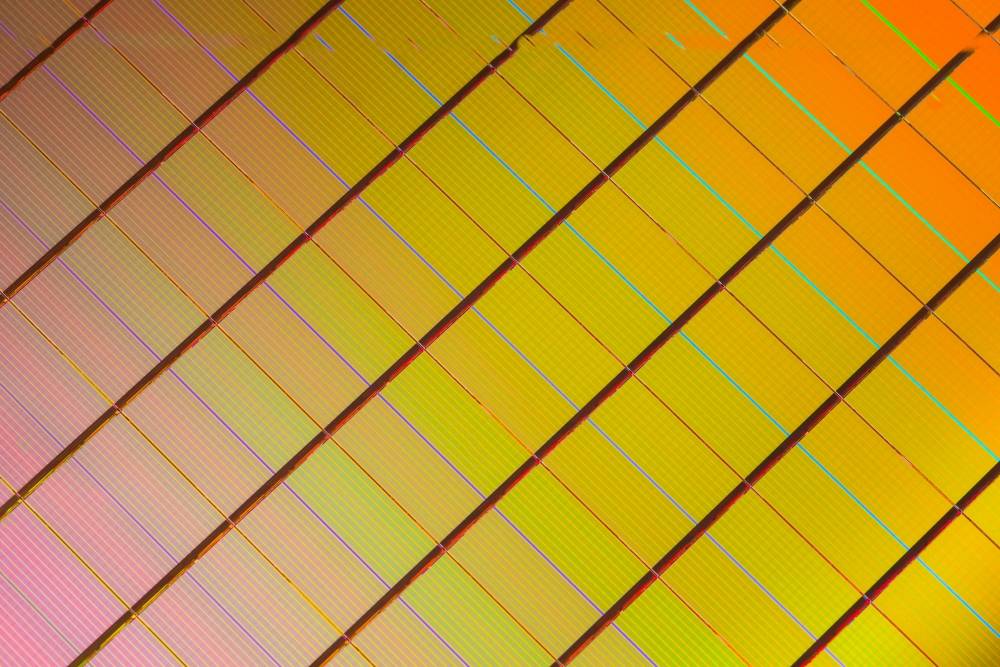


![Apple Shares Official Trailer for 'Smoke' Starring Taron Egerton [Video]](https://www.iclarified.com/images/news/97453/97453/97453-640.jpg)
![Apple's M4 Mac Mini Drops to $488.63, New Lowest Price Ever [Deal]](https://www.iclarified.com/images/news/97456/97456/97456-1280.jpg)









































































